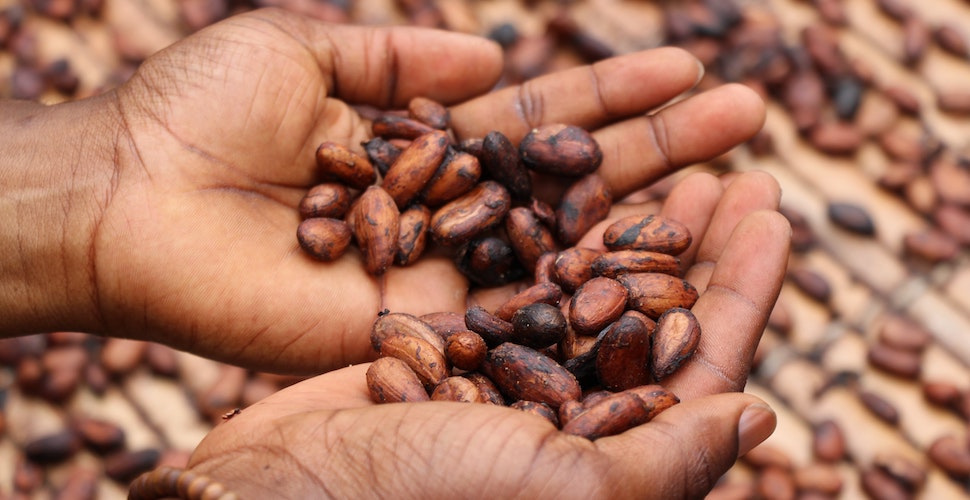The U.S. Supreme Court this week heard arguments in a long-running case against food giants Nestlé and Cargill over allegations they knowingly allowed child slave labor in their supply chains.
The case, which has been going on for over 15 years, concerns six adult citizens of Mali who allege they were taken as children to work in modern slavery on cocoa farms in the Ivory Coast.
Twice dismissed, the case was revived by the U.S. Court of Appeals for the Ninth Circuit.
According to the plaintiffs, Cargill and Nestlé “aided and abetted” their forced labor by knowingly buying cocoa beans from the farms that exploited them.
Nestlé and Cargill deny any wrongdoing and claim they have taken steps to combat child slavery, but on Tuesday their attorney’s arguments were met with skepticism by both liberal and conservative justices.
Were the Supreme Court to side with the companies, it would risk further limiting the ability of human rights abuse victims to take legal action through a law known as the Alien Tort Statute.
Their final decision is due in June.
ABC News reports:
“Many of your arguments lead to results that are pretty hard to take,” conservative Justice Samuel Alito told attorney Neal Katyal, who was arguing on behalf of Nestle and Cargill. The court’s three liberal justices were particularly critical of Katyal’s position, with Justice Sonia Sotomayor at one point saying it “boggles my mind.”
[…]
The case involves a law enacted by the very first Congress in 1789, the Alien Tort Statute, which permits foreign citizens to sue in U.S. courts for human rights abuses. The justices are being asked to rule on whether it permits lawsuits against American companies.
The past few months have witnessed renewed international attention to the issue of child slavery in cocoa supply chains.
A leaked version of an October report from the University of Chicago revealed that despite decades of corporate promises to tackle the issue, child labor has overall increased in cocoa production.
Freedom United joined other NGOs in sounding the alarm over government and industry efforts to water down the final findings, adding that due to the COVID-19 pandemic the incidence of child labor has almost certainly increased further.
Nearly 15,000 have added their name to Freedom United’s campaign since it launched last month—join them today.







Freedom United is interested in hearing from our community and welcomes relevant, informed comments, advice, and insights that advance the conversation around our campaigns and advocacy. We value inclusivity and respect within our community. To be approved, your comments should be civil.